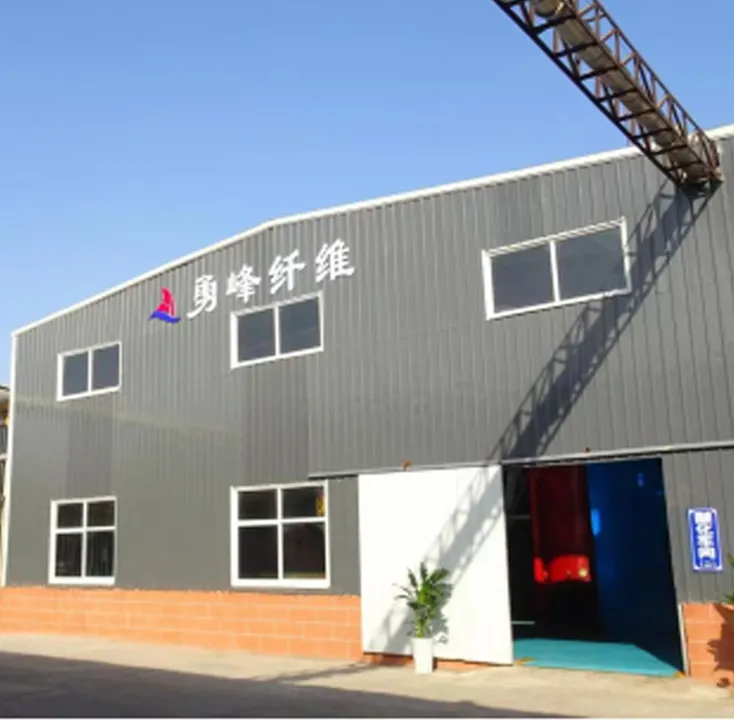Exploring HPMC Chemicals Uses, Applications, and Benefits
Hydroxypropyl methylcellulose (HPMC) is a versatile chemical compound widely used in various industries due to its unique properties. It is a non-ionic cellulose ether, derived from natural cellulose, and modified to enhance its functional characteristics. The increasing demand for high-quality materials in pharmaceuticals, food, cosmetics, and construction has spurred interest in HPMC, making it a key ingredient in many formulations.
What is HPMC?
HPMC is created by modifying cellulose, a natural polymer found in the cell walls of plants. This modification involves introducing hydroxypropyl and methyl groups into the cellulose molecule. The resulting product boasts several advantageous properties, including water solubility, gel formation, and thickening ability. This makes HPMC an invaluable component across multiple sectors.
Applications of HPMC
1. Pharmaceuticals The pharmaceutical industry is one of the primary consumers of HPMC. It acts as a binder, film-forming agent, and controlled release agent in tablets and capsules. Its ability to form gels and controlled viscosity makes it ideal for producing hydrophilic matrices that enhance drug release profiles. Furthermore, HPMC is often used in ophthalmic formulations as a lubricant, ensuring comfort and stability for eye medications.
2. Food Industry In food applications, HPMC serves as a thickening agent, emulsifier, and stabilizer. It is commonly found in processed foods such as sauces, dressings, and ice creams. Its unique properties help maintain consistency and texture while improving shelf life. Moreover, HPMC is non-toxic and classified as food-grade, making it suitable for direct consumption.
3. Cosmetics and Personal Care HPMC is widely used in cosmetics and personal care products, including lotions, shampoos, and creams. It acts as a thickening agent and emulsifier, ensuring that formulations remain stable and homogenous. Additionally, it provides a smooth texture and enhances the sensory experience of the product.
4. Construction In the construction industry, HPMC is utilized as a thickening agent and water-retaining agent in mortar, cement, and gypsum-based products. It improves the workability and adhesion of building materials, making them easier to apply and more durable once set. HPMC helps prevent cracking and shrinkage during curing, which is essential for ensuring the longevity of construction projects.
Benefits of HPMC
hpmc chemical

The use of HPMC in various industries offers numerous benefits that contribute to its popularity among manufacturers and formulators
- Versatility HPMC can be tailored to meet specific requirements by adjusting the degree of substitution and molecular weight. This versatility allows it to be used in diverse applications across different sectors.
- Non-toxic and Biodegradable As a cellulose-derived product, HPMC is non-toxic and environmentally friendly. Its biodegradability adds to its appeal in an increasingly environmentally conscious market.
- Safe for Use HPMC is generally regarded as safe (GRAS) for food and pharmaceutical applications, making it a reliable choice for manufacturers looking to create safe and effective products.
- Enhanced Performance The presence of HPMC often enhances the functionality of formulations, leading to improved texture, stability, and performance.
Challenges and Considerations
While HPMC offers numerous advantages, there are challenges associated with its use. For instance, the solubility of HPMC can vary based on temperature and pH, which can affect its performance in certain applications. It is crucial for formulators to understand these properties to optimize formulations effectively. Additionally, sourcing high-quality HPMC from reputable suppliers is essential to ensure consistent performance and safety.
Conclusion
Hydroxypropyl methylcellulose (HPMC) has established itself as an essential ingredient across various industries. Its functionality, versatility, and safety profile make it an ideal choice for pharmaceuticals, food products, cosmetics, and construction materials. As industries continue to innovate and prioritize quality, the importance of HPMC is only expected to grow. Understanding its properties and applications allows manufacturers to harness its benefits, leading to the development of superior products that meet the demands of consumers and regulatory authorities alike.
-
Rdp Powder: Key Considerations for Wholesalers in the Building Materials IndustryNewsJul.08,2025
-
Key Considerations for Wholesalers: Navigating the World of Hpmc - Based ProductsNewsJul.08,2025
-
Hpmc Detergent: Key Considerations for WholesalersNewsJul.08,2025
-
Key Considerations for Wholesalers: China Hpmc For Tile Adhesive, Coating Additives, Concrete Additives, and MoreNewsJul.08,2025
-
Crucial Considerations for Wholesalers: Navigating the World of Construction MaterialsNewsJul.08,2025
-
Key Considerations for Wholesalers Sourcing Additive For Cement, Additive For Concrete, Additive For Putty from Additive Manufacturer Shijiazhuang Gaocheng District Yongfeng Cellulose Co., Ltd.NewsJul.08,2025




